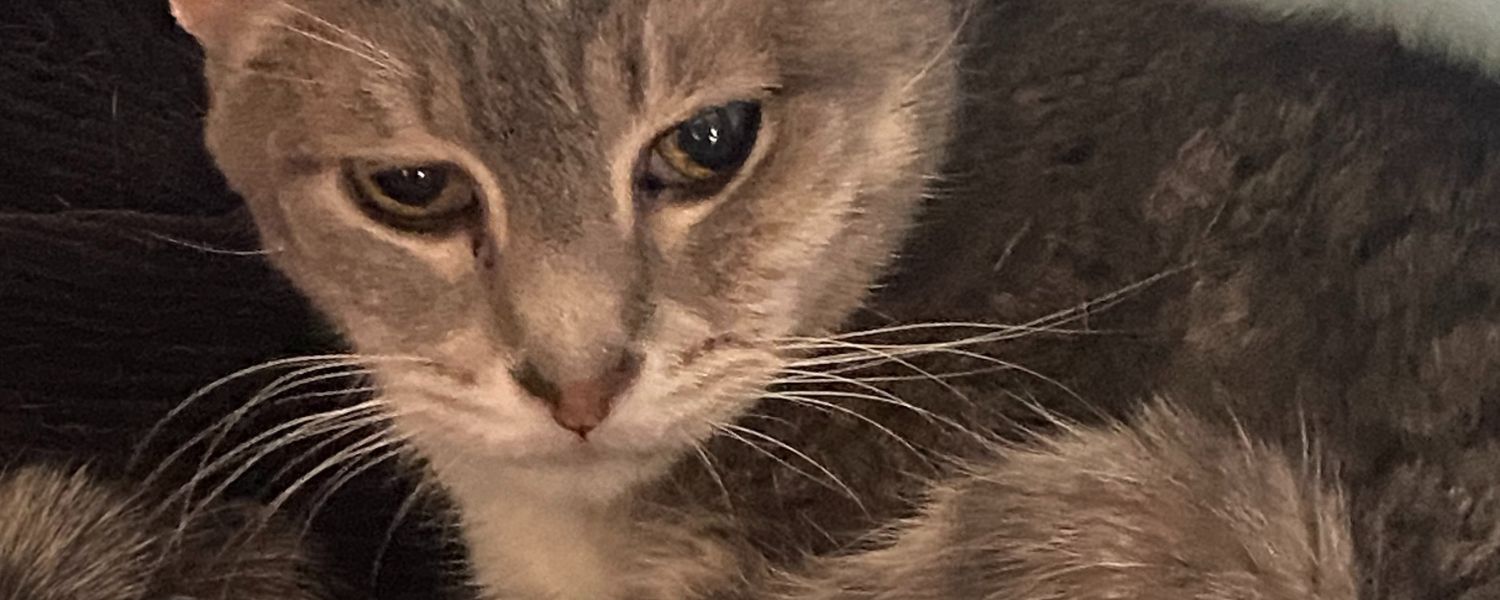An “Interview” with Playwright J.S. Puller

Welcome to the first of a series of “interviews” with the playwrights featured in the 2025 Festival! Unlike traditional playwright interviews, we asked our writers to reply to our questions with either a single word, an image, an obvious lie, or a rhyming couplet (or whatever they wanted if they weren’t in the mood). This should be fun as well as informative, enjoy! And if you’re looking for tickets to the festival, you can find them here.
Without further ado, our “interview” with playwright J.S. Puller whose play Winter’s End will receive a staged reading on May 19, directed by Jim Kleinmann.
1. What is your hometown?
I live in the clocktower on the south end of the Northwestern University campus. When the mood strikes me, I light it up purple.
2. What is a song that represents your play?
“Little Amelia” by Time Crash.
4. What do you do creatively other than writing?

5. Give a teaser for your play.
Absurdism, the genre, is back and better than ever!
6. Give us an out-of-context spoiler for your play.
The pomegranates are symbolic.
8. What artists (theatre or non-theatre) inspire you or your play?
Christopher Durang (RIP)
9. If you hadn’t written this play, what is the play you would have written for this MNP prompt?
Probably something that involves Captain Janeway.
10. Describe where you were when you wrote this play.
(scroll up to the top)
J.S. Puller is a playwright and author from Chicago, with an MSEd in education and a BS in theatre from Northwestern. An award-winning member of the American Alliance for Theatre and Education, she has written about the social-emotional benefits of arts education with the UChicago Consortium on School Research. She is the author of two novels, Captain Superlative and The Lost Things Club. She also has several published plays, including: Women Who Weave, Perseus And Medusa – It’s All Greek To Me!, The Death Of Robin Hood, and five titles with Plays for New Audiences.
Her play Winter’s End is an absurdist (yes, the actual genre) retelling of the Persephone myth from Greek legend, examining and questioning the fact that in most tellings of the story, Persephone has no voice and makes no active choices of her own. Paralleling Persephone’s helplessness is the current debate raging over reproductive rights, told through the eyes of Cassie, a young woman on the run. More…
